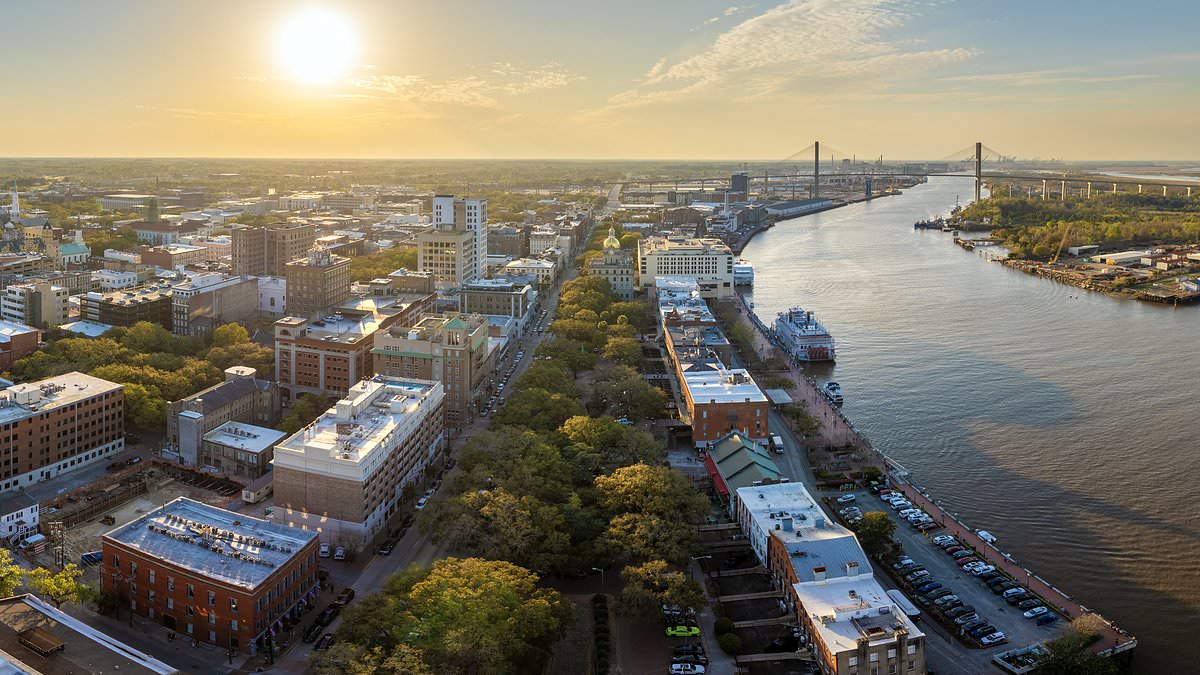
Marvel Studios’ recent pivot to filming its blockbuster productions in the United Kingdom has sent shockwaves through Georgia’s once-thriving film industry, which had become known as the ‘Hollywood of the South.’ This move has resulted in a steep decline in local film production, leaving many creatives and workers facing unforeseen challenges.
Why Georgia Was Hollywood’s Go-To Destination
For years, Georgia served as a key hub for Marvel’s high-budget productions, hosting scenes from major releases such as Black Panther, Avengers: Infinity War, and Guardians of the Galaxy Vol. 2. A driving factor behind this popularity was Georgia’s attractive production tax credits, offering a 20% base transferable tax credit for films costing over $500,000. This incentive allowed studios to save significantly on production costs.
However, recent shifts in the global production landscape have seen Marvel and other studios looking elsewhere. Rising costs in Georgia have made the state less competitive, leading to a sharp decline in the number of film projects being shot locally.
The UK Gains Momentum
In a move signaling a drastic production overhaul, Marvel filmed this summer’s Fantastic Four reboot in the United Kingdom, with plans to shoot its upcoming Avengers and Spider-Man films there as well. The growing appeal of the UK stems from lower salary demands, fewer employee benefit costs like health insurance, and a favorable exchange rate. According to data from ProdPro, the UK saw a 16% rise in high-budget movies and TV series in 2024 compared to 2022. By contrast, the US has seen a 29% decline for productions with budgets over $40 million in the same period.
The Fallout for Georgia’s Film Community
The drastic reduction of productions in Georgia has been devastating for local workers. Script supervisor Janine Gosselin, a 20-year Georgia resident, noted how Marvel’s numerous productions used to keep her schedule full. Now, however, steady work has become a rarity. “You feel like a jilted lover,” Gosselin told the media, admitting she’s had to dip into her retirement savings just to cover basic bills.
Trilith Studios, a renowned facility in Atlanta spanning over 1,000 acres with 34 stages, used to be the centerpiece of Georgia’s booming film industry. At its peak, there was fierce competition between productions vying for stage time. Today, it struggles to attract enough projects to fill its facilities.
The Broader Industry Impact
In the fiscal year that ended in June 2025, only around 245 film and TV projects were shot in Georgia, a stark drop from the 412 projects completed the year prior. This 50% decline in overall production spending has left approximately 20,000 jobs at risk, a fact that highlights not just the creative but also the economic impact of Marvel’s departure.
Across the US, states such as Texas, New York, New Jersey, and California have ramped up their tax credit systems in an effort to lure filmmakers back. However, the loss of Marvel has made it clear that Georgia’s film industry faces an uphill battle in regaining its former glory.
The rise of streaming platforms and studio strategies to cut costs has further changed the industry dynamics, with fewer traditional TV shows being produced and international markets such as the UK stepping in to fill the gaps.
Will Georgia bounce back as a top film production center in the coming years? For now, the state remains reeling from the effects of a shifting global production landscape.



